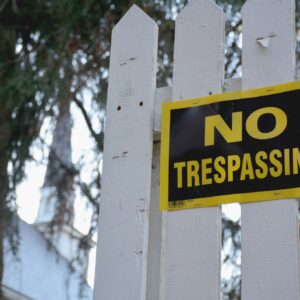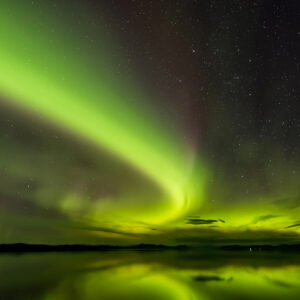
For the Jason Momoa fans out there — a series that is taking yet another crack at historical accuracy and correctness is Frontier, which recently released its second season on Black Friday last month.
The “Canadian-American” historical drama series is engulfed by events surrounding the fur trade, the Hudson’s Bay Company and the influences of indigenous people in the 1700s.
The story kicks off with Michael Smyth (Landon Liboiron) being ordered by Lord Benton (Alun Armstrong) to venture out into the frontier after landing in the New World to find Declan Harp (Jason Momoa) who was responsible for the slaughter of some of Benton’s soldiers that were situated at a remote outpost. Harp, who is part-Irish and part-Indigenous, is campaigning to breach the Hudson’s Bay Company and its monopoly on the fur trade in Canada and is considered to be an outlaw.
This is but the first of the power struggles surrounding the fur trade that the drama explores, and co-creators Brad Peyton, Rob Blackie and Peter Blackie are reaching for a third season to carry on the exploration for the Discovery Channel and Netflix.
The imagery, setting, costume and make up design are reminiscent of some of the ventures in the video game version of Assassin’s Creed, as French soldiers walk rounds in the open streets of James Town. The darkness of some of the scenes can also remind the viewer of the earlier instalments of Pirates of the Caribbean, while the opening credits wrestle with the opening for the Game of Thrones series with Cree singers thrown in.
This called for the series to receive mixed reviews as some critics would have liked the pace to be more action and thriller paced, while others believed that the story and its accuracy took away from the performance of Momoa.
But in a positive review by the Globe and Mail, John Doyle described the series as an “action-packed, uncomplicated and very entertaining yarn about the cutthroats who created this country by plundering it, when they weren’t busy killing each other.”
Doyle also commended the series as being “far from a whitewashed tale about the English, Scots, Irish and French battling out for possession of fur and land.” However, the story-telling has been called “sluggish,” as it doesn’t suit the most patient of drama-viewers, but the content is nonetheless considered to be a portrayal of the chaotic and violent struggles of the time.
Told from multiple perspectives within the series, the story takes place in a world where relations between Indigenous people and Europeans can erupt into merciless bloodshed and business negotiations can be resolved by close combat or hatchet fights.
So, if you’re looking to be entertained by a little history or to fuel up on some food for thought, the series holds a history that is itching to be experienced.











